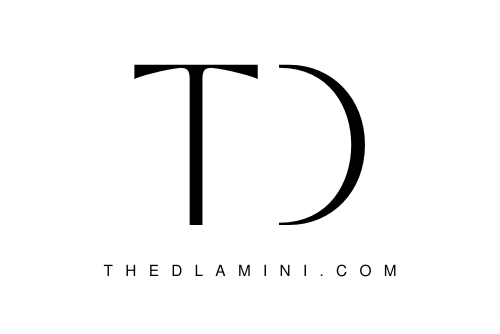A bail is a tool used to ensure the accused return to court. Bail can be set by a magistrate or judge, or it may be decided between the prosecuting authority and the defence attorney. A person who has been accused of a crime may be granted bail by an investigating officer or magistrate, pending their first appearance in court.
What is bail?
A bail is a tool used by the courts to ensure that an accused person returns to court. It’s also designed to prevent unjustified detention, as well as ensure equal access to justice regardless of income or wealth.
If you’re granted bail, it must be paid in order for you to be released from custody during your trial (and while waiting for your appeal). You can give immediately this money or through a bail bond company like Company Bail Service Namibia Ltd., which will act as your guarantor until the end of your case.
How does bail work?
The accused must first pay the amount of bail, which will be determined by a judge based on their charge. If the accused does not return to court, they give up their bail and are considered guilty. If an individual returns to court after forfeiting their bail, they must wait until their next court date before getting their money back.
The person who posted bail can be held responsible for paying any fines that were assessed against someone else if that person fails to appear in court or violates any other terms of his release while out on bond.
How is a person’s bail amount decided?
Bail is decided by the court and is intended to ensure that a person returns to court for their trial.
The factors taken into account when deciding if someone should be granted bail include:
- How much money do they have available to pay bail;
- How much money it would cost them in legal fees if they were found guilty and sentenced to prison;
- The seriousness of the crime they are charged with;
- The strength of the prosecution’s case against them;
- The likelihood that they will return to court for their trial.
Why is bail important?
Bail is an important legal tool that helps ensure that an accused person will return to court. It also ensures that the accused doesn’t commit another crime while on bail and prevents them from fleeing the country. Bail has been used for thousands of years as a way for people to be released from jail pending trial or other court proceedings. The idea behind it is simple: if someone can afford to pay bail, they’re less likely to flee because they won’t lose their money if they go free. Obviously, this isn’t always true—but it makes sense in most cases and helps keep criminal justice systems fair across different socio-economic groups.
In Namibia, you can get bail for being arrested and detained by the police if you have on your person 50,000 N$ or more. If you’re not able to pay this amount, they will take the property of equal value from your custody. For example, if the bail is 50,000 N$, and you only have 25,000 N$ on your person, they would take up to 25,000 N$ worth of property from your custody.
